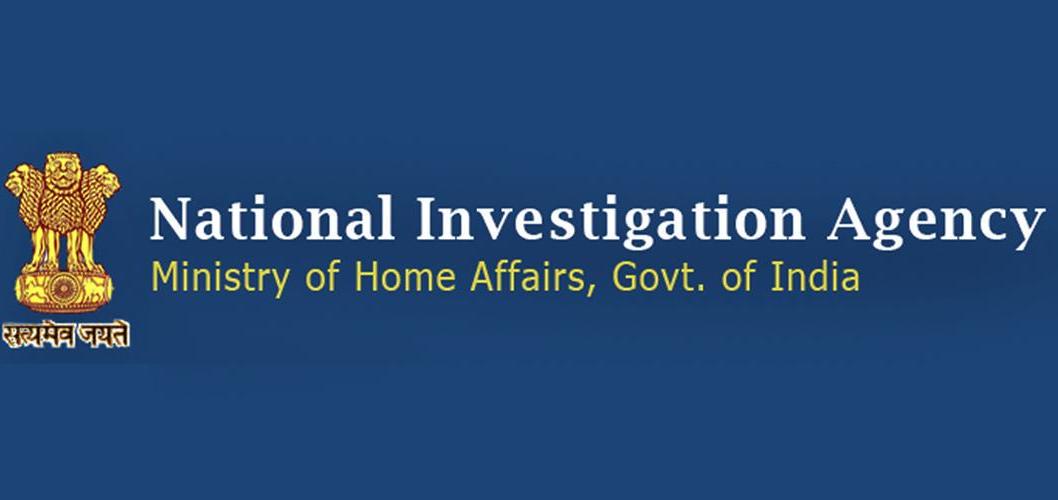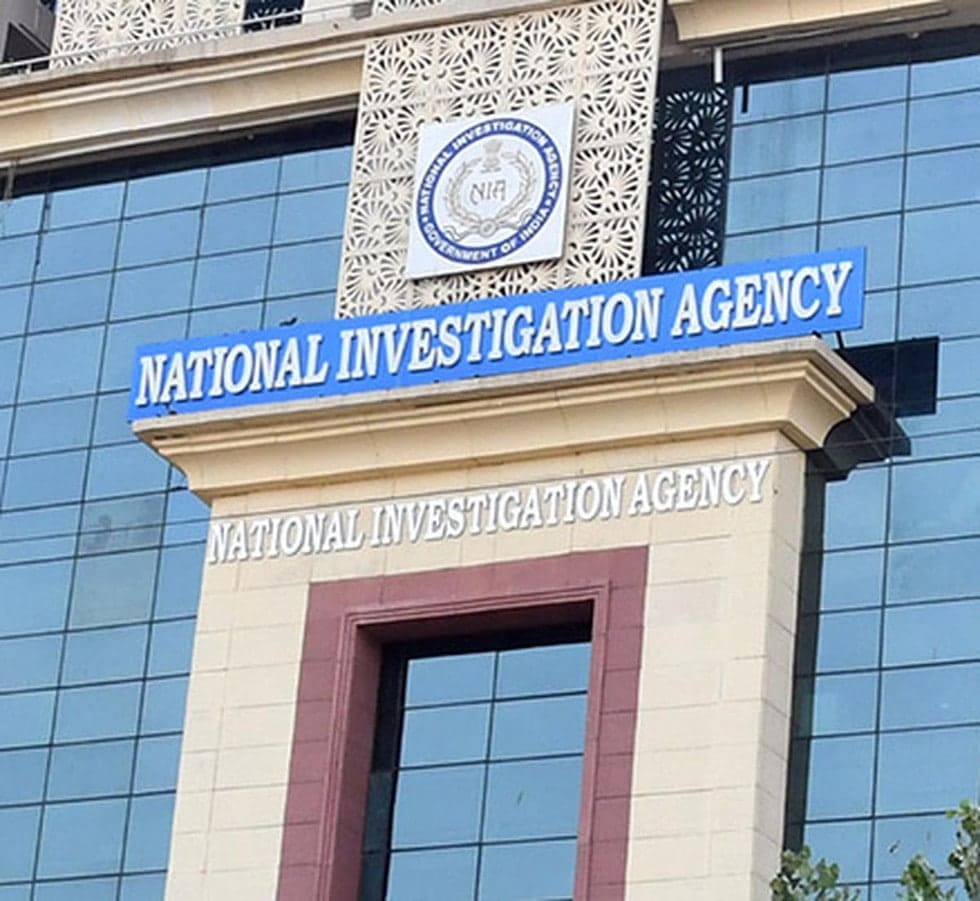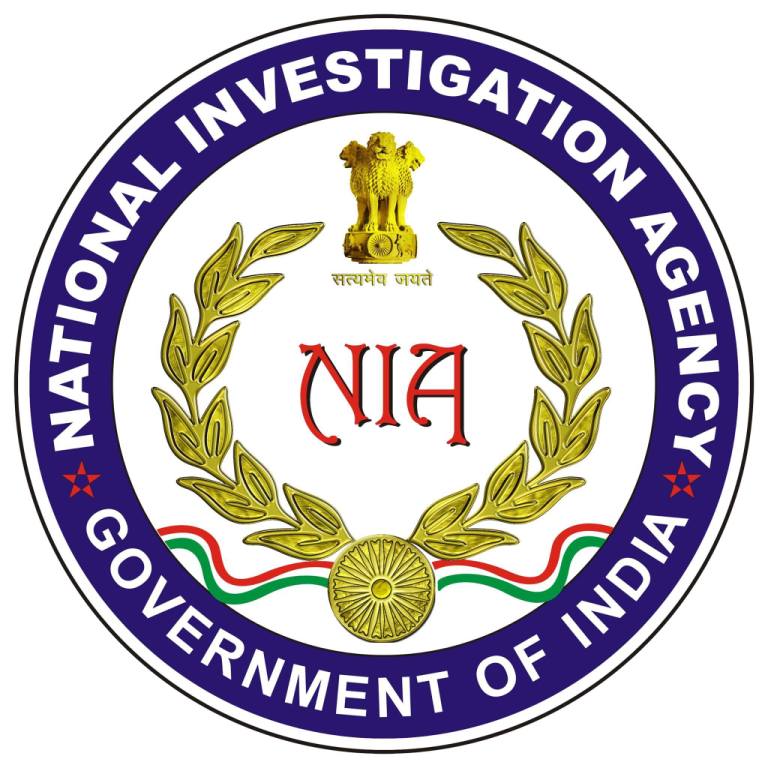National Anti-Terrorism Day is observed on 21st May every year in India to commemorate the assassination of former Indian Prime Minister Rajiv Gandhi, was assassinated in Tamil Nadu by a suicide bomber associated with the Liberation Tigers of Tamil Eelam.
On Anti-Terrorism Day this year, The CSR Journal takes a look into the activities of National Investigation Agency (NIA), which is functioning as the Central Counter Terrorism Law Enforcement Agency in the country.
What is National Investigation Agency (NIA)
The NIA Act was enacted on 31st December 2008 and the National Investigation Agency (NIA) was born. At present NIA is functioning as the Central Counter Terrorism Law Enforcement Agency in India. NIA is working to combat terrorism and Left Wing Extremism in India.
The National Investigation Agency aims to set the standards of excellence in counter terrorism and other national security related investigations at the national level by developing into a highly trained, partnership oriented workforce. NIA aims at creating deterrence for existing and potential terrorist groups/individuals. It also aims to develop as a storehouse of all terrorist related information.
The NIA, with its headquarters at New Delhi, has 20 branch offices across the country. NIA’s two latest branch offices in Jammu and Kochi and a residential complex in Raipur were inaugurated in March, this year.
What does NIA do
The National Investigation Agency or NIA carries out in-depth professional investigation of scheduled offences using the latest scientific methods of investigation and setting up such standards as to ensure that all cases entrusted to the NIA are detected. NIA tries to ensure effective and speedy trial of its cases.
The NIA assists all state governments and other investigating agencies in investigation of terrorist cases. The NIA also maintains a data base on all terrorist related information and shares the same with the state governments and other agencies as and when required.
Apart from the above, the NIA also studies and analyses laws relating to terrorism in other countries, evaluates the adequacy of existing laws in India and proposes changes from time to time.
Cases solved by NIA
The Central Government has handed over 324 cases to the National Investigation Agency (NIA) from 1st December 2018 to 30th November 2023. Out of these, judgement has been pronounced for 84 cases and the accused have been convicted in 81 cases. The NIA has received appreciation from Union Home Minister Amit Shah for achieving more than 94 percent conviction rate.

Govt of India’s initiative to enhance NIA’s capacity
Keeping in view the zero tolerance policy against terrorism, the Central Government regularly reviews administrative and legal requirements of National Investigation Agency (NIA) and takes necessary steps to enable it to discharge its mandate in a more effective manner.
The Ministry of Home Affairs (MHA) has taken several measures since 2019 towards enhancing the capacity of NIA, which include:
Ten branch offices of the NIA located at Chandigarh, Ranchi, Imphal, Chennai, Ahmedabad, Bengaluru, Patna, Jaipur, Bhopal and Bhubaneshwar, with additional 481 posts, have been created since July, 2019.
At least 142 additional posts have been sanctioned for establishment of two Divisions at NIA headquarters, one for investigation and monitoring of Human Trafficking cases and the other for investigation of Offences of Cyber Terrorism, Explosives and Prohibited Arms and also for strengthening of legal cadre in NIA Headquaters.
The NIA Act was amended in the year 2019 to enlarge the mandate of the NIA by inclusion of offences related to human trafficking, manufacture/sale of prohibited arms, cyber-terrorism and offences under the Explosive Substances Act, 1908 and expanded its jurisdiction beyond India.
Unlawful Activities (Prevention) Act, 1967 was amended in year 2019 to empower Director General (DG), NIA to seize/attach the properties related to proceeds of terrorism in cases being investigated by the NIA.
NIA’s capacity enhancement has been ensured by providing prompt approvals for scientific & technological support in terms of equipments and skill.
In order to give more autonomy and independence to the NIA, the financial powers delegated to DG, NIA for engaging consultants/ experts/ professionals have been enhanced substantially.
The allocation of funds has been increased since 2019-20, as per an official statement by the Government of India.

Digital Criminal Case Management System Platform of NIA
A unique digital Criminal Case Management System (CCMS), designed by the National Investigation Agency (NIA) was launched in March this year.
The newly developed Criminal Case Management System will enable the NIA personnel to better coordinate in terrorism and organized crime cases, thereby improving justice delivery. The new stand-alone version of CCMS has been developed by NIA as a user-friendly and easy-to-deploy, customizable, browser-based software to help the State Police forces in their investigations and prosecution.
Launching the CCMS, the Union Home Minister urged the State Director Generals of Police to use the new-age software for carrying out effective and expeditious investigations and operations. He added that it will help the State forces organise, integrate and digitalise the data generated during investigations, such as case documents, extracted data, collected evidence, and the charge sheets presented to the court.
The CCMS software would not only bring standardisation into investigations but also enable easy and streamlined compilation of terror-related data across the country. The launch of the software comes at a time when India is facing increasing threats from various terrorist organisations, new challenges in the form of extensive use of cyber-space, dark-web, drones, crowd-funding, use of crypto-currencies, encrypted communication platforms, besides use of new technologies for terrorist financing, movement of arms and other terror support activities.
NIA, which has been aggressively tackling such threats, has undergone major empowerment and expansion over the years to enhance its capacities and competencies.


